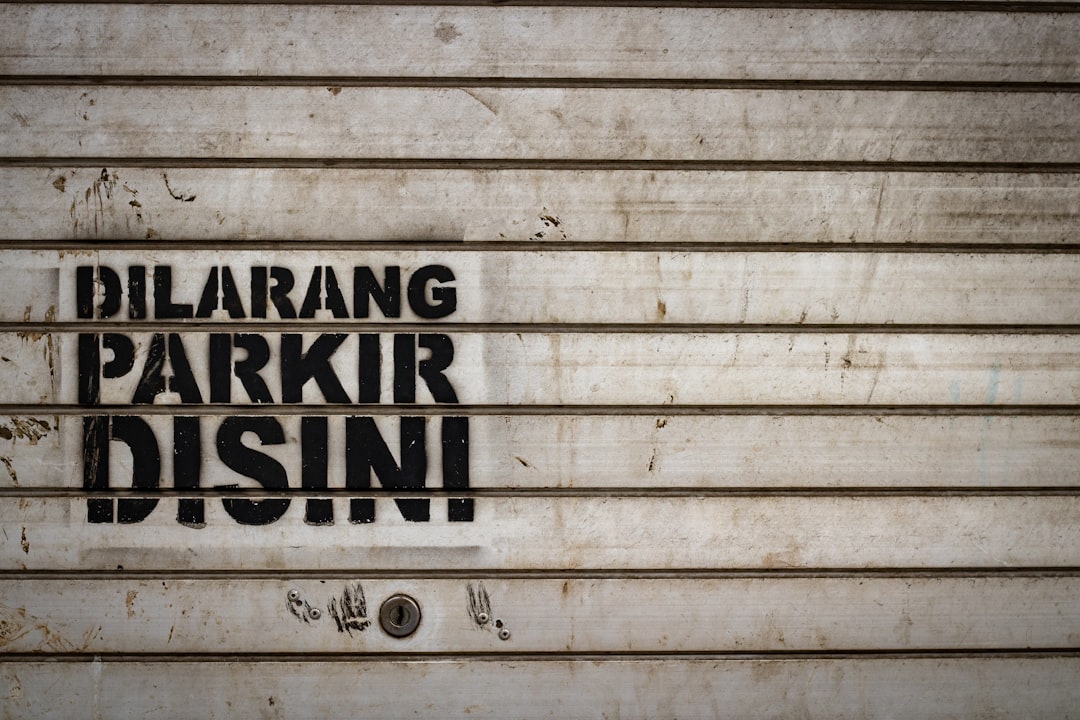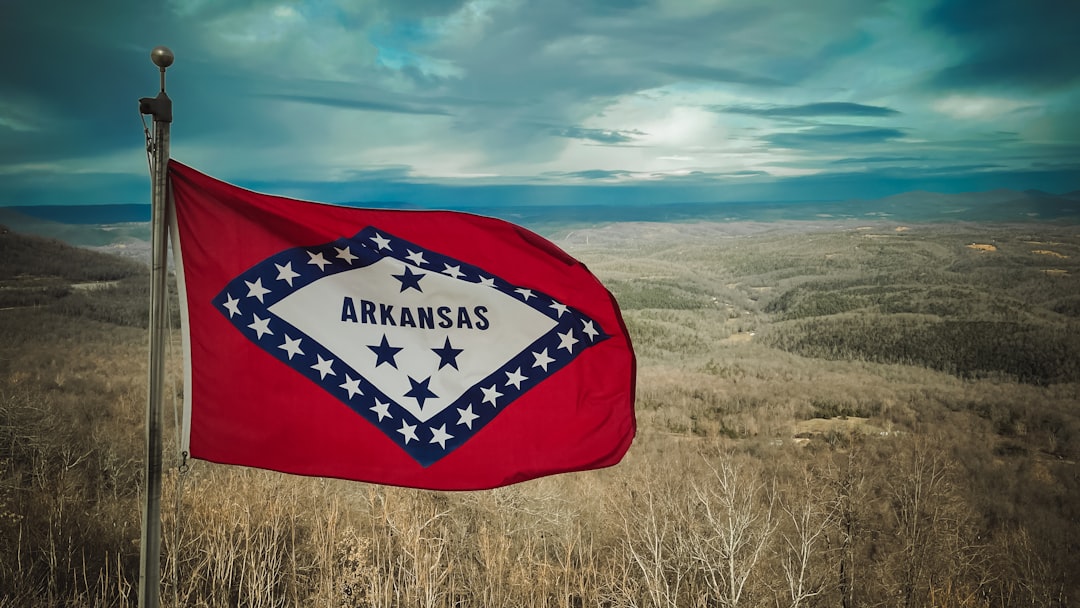In Arkansas, addressing sexual abuse requires a multifaceted approach involving education, legal advocacy, community engagement, and supportive resources. Strict consent laws and specialized legal aid empower victims while strict age-of-consent rules hold perpetrators accountable. Community collaborations, focusing on open conversations about consent and reporting mechanisms, are crucial for prevention. A sexual abuse lawyer in Arkansas plays a vital role by advocating for victims' rights, promoting systemic changes, and developing strategies to foster safety and respect, ultimately preventing future incidents.
In Arkansas, addressing sexual abuse requires a multifaceted approach. This article guides readers through effective prevention strategies, delving into the complex dynamics of sexual abuse within the state’s context. We explore the legal framework and available resources for combating this issue, emphasizing the role of sexual abuse lawyers in education and advocacy. Furthermore, we discuss community engagement as a key component to fostering long-term solutions, ensuring Arkansas communities become safer and more resilient.
Understanding Sexual Abuse Dynamics in Arkansas

In Arkansas, understanding the dynamics of sexual abuse is a critical step in developing effective prevention strategies. According to various studies and reports, sexual abuse can occur across various settings, including homes, schools, workplaces, and public spaces. A significant portion of cases involves power imbalances, manipulation, and coercion, highlighting the need for comprehensive education and awareness programs. Many victims may not report incidents due to fear, shame, or lack of trust in authority figures, making it crucial for communities to foster an environment where survivors feel safe and supported.
Sexual abuse lawyers in Arkansas play a vital role in this context by advocating for survivors’ rights and contributing to the broader understanding of these issues. They help ensure that victims receive the justice and support they deserve, which can prompt discussions about systemic changes needed to prevent future abuses. By working closely with law enforcement, schools, and community organizations, these lawyers contribute to the development of strategies that address the root causes of sexual abuse and promote a culture of consent, respect, and safety.
Legal Framework and Resources for Prevention

Arkansas has a robust legal framework in place to address and prevent sexual abuse, with various resources available to support victims and hold perpetrators accountable. The state’s laws are designed to protect individuals from sexual exploitation, assault, and harassment. A sexual abuse lawyer in Arkansas can guide both victims and concerned citizens through these legal intricacies.
Key provisions include strict consent laws, which define the age of consent and outline the requirements for lawful sexual activities. The state also has specific statutes targeting child sexual abuse, with harsh penalties for offenders. Additionally, Arkansas offers numerous support services, such as counseling and legal aid, to assist victims in their recovery and ensure they have access to justice. These resources play a crucial role in preventing future incidents by empowering individuals and fostering a culture of awareness and accountability.
Community Engagement and Long-Term Strategies

Community engagement is a vital component in crafting sustainable sexual abuse prevention strategies in Arkansas. By involving local communities, schools, religious organizations, and government bodies, we can create a network of support and education that reaches beyond legal provisions. Long-term success relies on fostering an environment where open dialogue about consent, boundaries, and reporting mechanisms is normalized. This includes training programs for educators, parents, and community leaders to recognize signs of abuse and provide appropriate resources to victims.
A sexual abuse lawyer in Arkansas can play a pivotal role in this process by offering legal expertise and advocating for policy changes that prioritize prevention. They can collaborate with community organizations to develop educational materials tailored to local needs, ensuring that prevention strategies are not just theoretical but practical and culturally sensitive. This collaborative approach strengthens the resilience of communities against sexual abuse, promoting long-term safety and well-being for all individuals.





